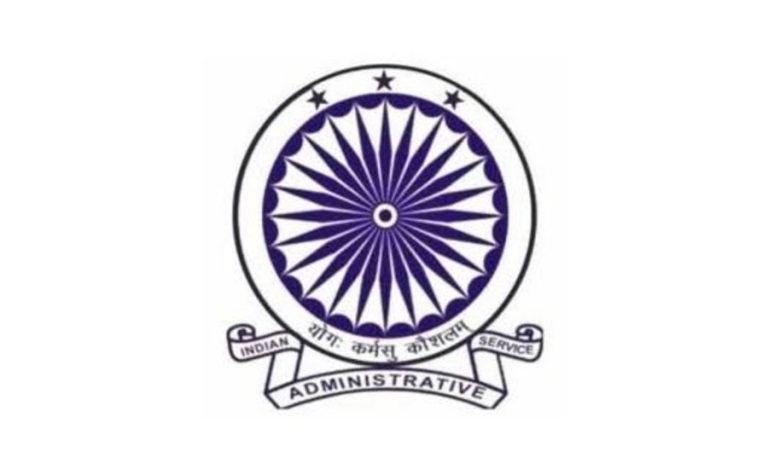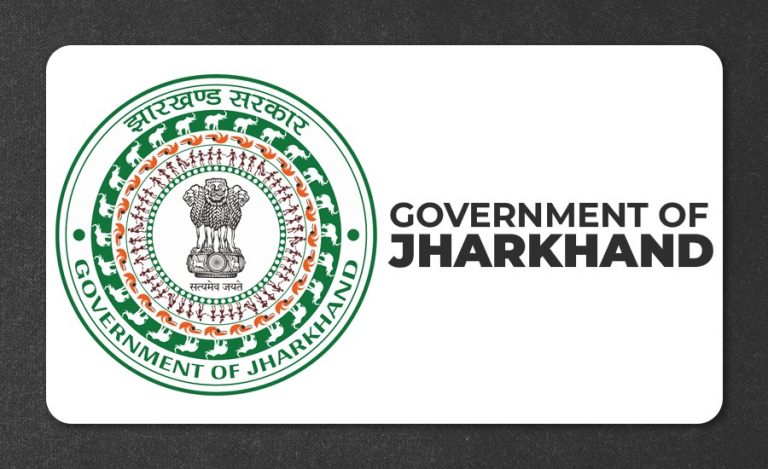Shimla: The Himachal Pradesh High Court has dismissed a Public Interest Litigation (PIL) challenging the six-month service extension granted to former Chief Secretary Prabodh Saxena. The court upheld the state government’s decision, confirming that Saxena’s tenure was legally extended until September 30, 2025.
The PIL was filed by Atul Sharma, questioning the propriety of granting an extension to an officer facing pending CBI prosecution.
Court Examines Legal Authority and Public Interest
A division bench comprising Chief Justice Gurmeet Singh Sandhawalia and Justice Ranjan Sharma examined the case. The court initially held the PIL maintainable, recognizing that extending the tenure of an officer facing corruption charges raises legitimate concerns regarding public trust and institutional integrity.
The bench sought detailed records from the Central and State governments, including the justification for granting the extension and its impact on public interest. The Union Government confirmed that it acted on the state government’s request, fully aware of Saxena’s legal status and the ongoing INX Media case proceedings.
Centre Considered Facts Before Approving Extension
After reviewing the DoPT files, the bench observed that the extension was not mechanical or uninformed. The competent authorities were aware of the criminal proceedings and the sanction for prosecution but determined that Rule 16 of the All India Services (Death-cum-Retirement Benefit) Rules, 1958 permitted such an extension when justified in public interest.
The court noted that the Chief Minister of Himachal Pradesh had formally recommended Saxena’s continuation, highlighting his role in Green-State initiatives, solar energy, e-mobility, and fiscal reforms. Precedents of similar extensions for Chief Secretaries in other states were also considered by the Centre.
Vigilance Clearance Norms Not Violated
The petitioner argued that the extension contravened vigilance-clearance norms. The court rejected this, clarifying that DoPT 2024 vigilance guidelines did not govern extensions under Rule 16. While vigilance clearance had been denied for Saxena’s proposed appointment to HP RERA, this did not bar consideration for extension as Chief Secretary.
Judicial Review Confined to Process
The bench emphasized that judicial review is limited to assessing whether the decision was arbitrary or uninformed. Finding no procedural flaw, the court stated:
“Once the competent authority was apprised with the background of the case… this Court is not inclined to go into the decision-making process itself by substituting the same by our own personal opinion.”
Public Questions Addressed Despite Extension Expiry
Although Saxena’s extension had already expired when the case was reserved for judgment, the court proceeded to decide the matter due to the substantial public interest involved. The bench concluded that the extension was fully compliant with Rule 16 and “is not liable to be interfered with.”






























